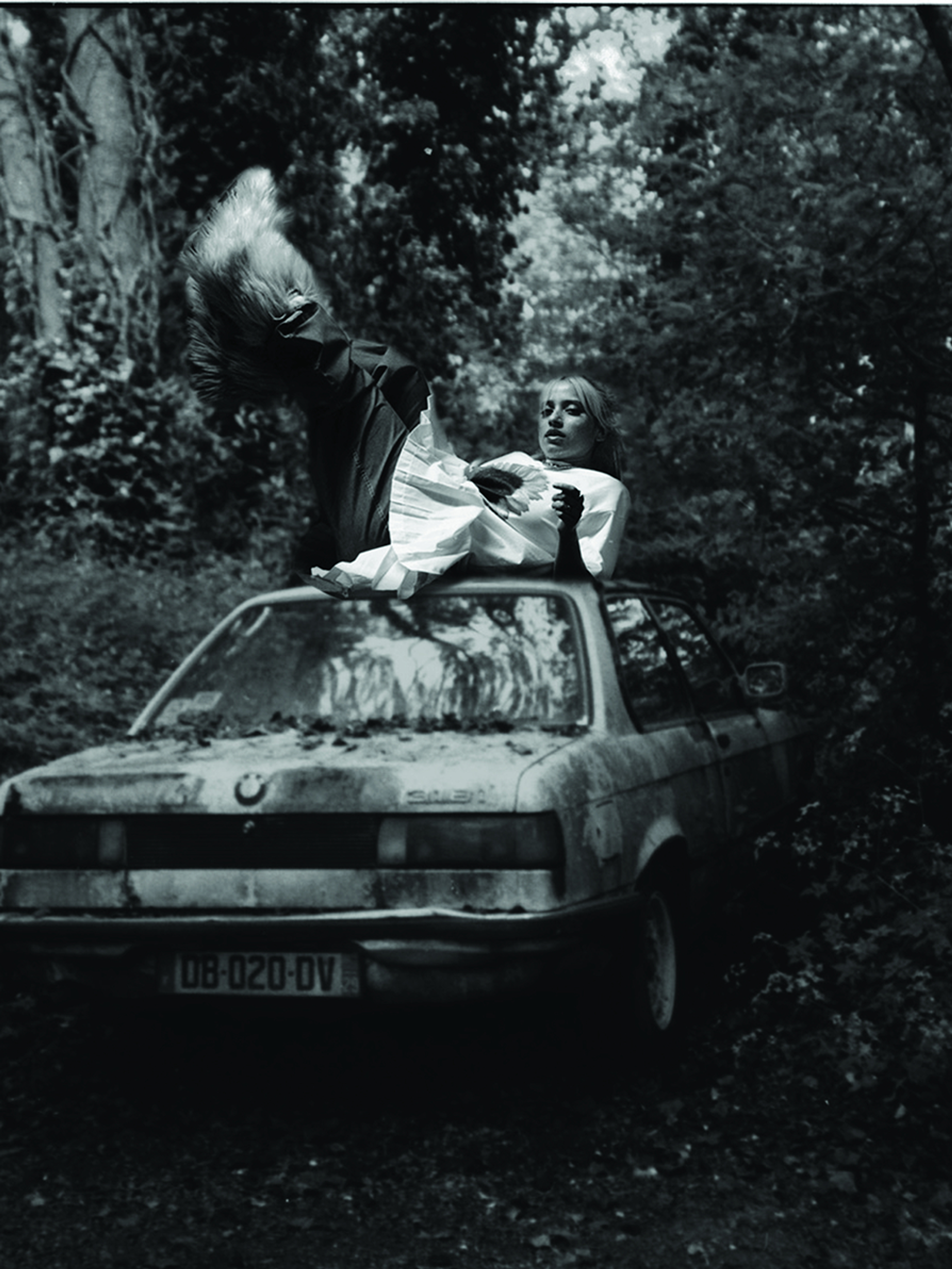
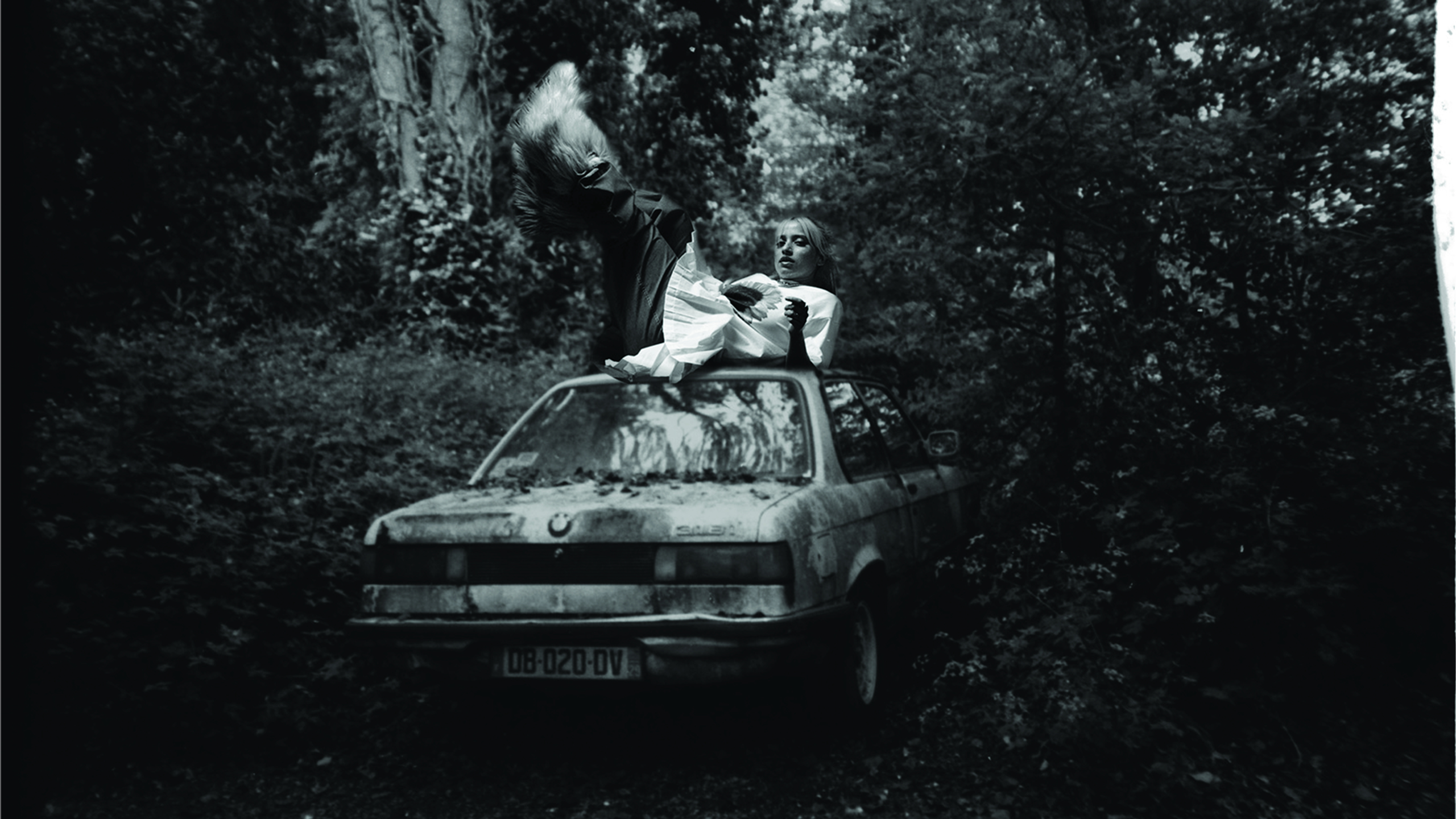
Léa Sen Chooses Her Own Adventure
Levels, Lobbies, and Backroom Lore: Having already garnered a glut of impressive features, on tracks by artists like Sampha and Vegyn, the French-born artist reflects on the eve of her debut album.
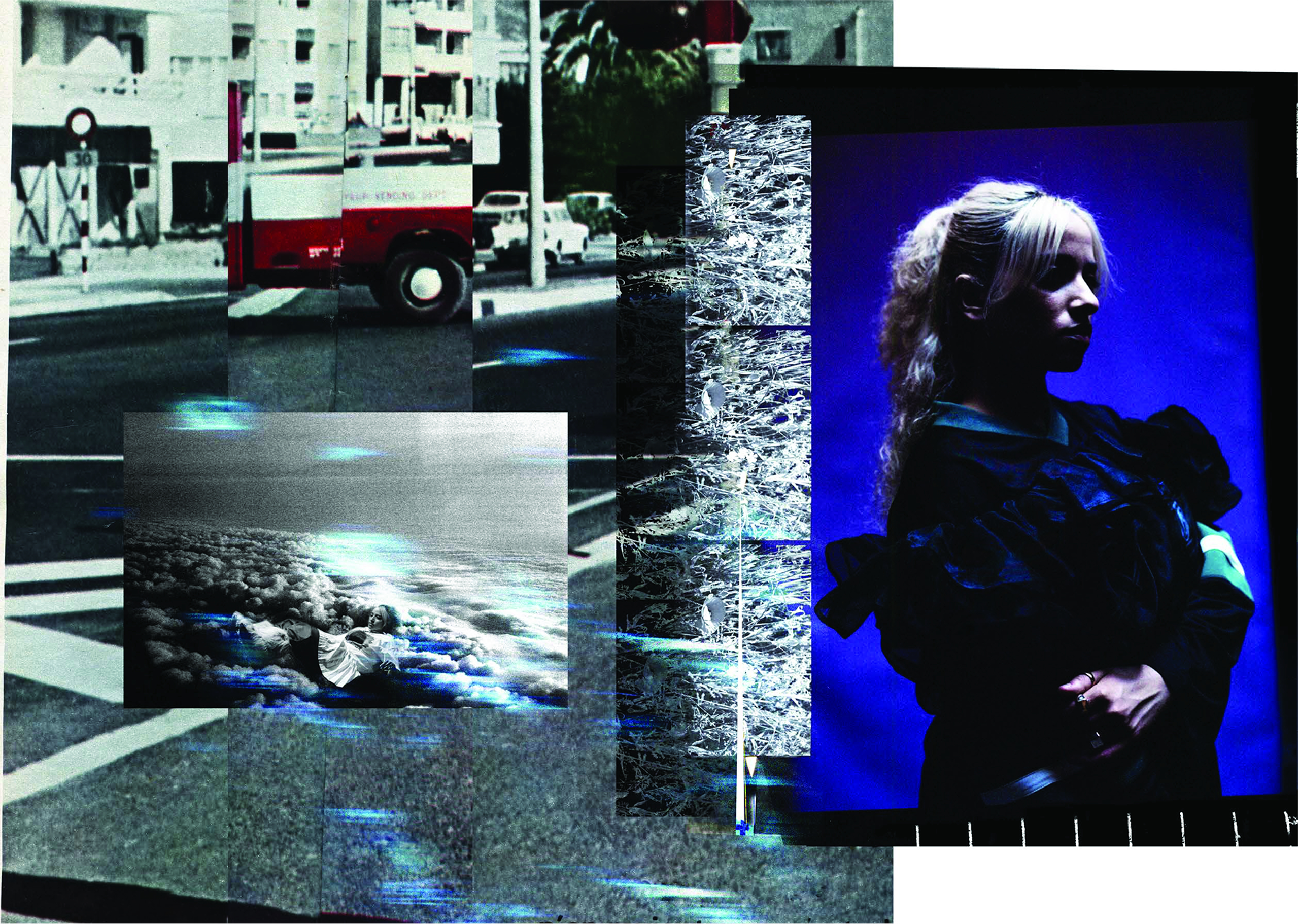
There’s a rabbit hole in front of you. Press O to turn back. End the game. Give control to someone else, something else, and return to a life of blissful ignorance. Or press X to walk forward. After all, every adventure needs a first step.
Will you choose the latter? You edge closer, gazing into the abyss. Then suddenly, you slip. Losing your balance, you stumble in and are quickly swallowed up by the darkness. At first, everything is pitch black. A silent, seemingly endless vacuum. Then, shapes start to flicker into view. Fractured glimpses of abstractions that slowly sharpen as you descend. You begin to realize you are hurtling past images of your own life, pulled through a reel of memories in reverse, until everything blurs.
Impact. You land with a jolt in an empty room, one in a labyrinth of many. Welcome to Level 0. Lights buzz overhead, casting a garish, fluorescent hue across a brown, threadbare carpet and yellowing wallpaper. In the distance, playing from another room, you hear the muffled sound of water running, and a door creak shut. Over a soft guitar strum, a breathy voice wavers—“What if I’m hiding from you?”
The song playing is “Ghostwriter,” taken from the debut album LEVELS by 25 year old, French-Martinican singer Léa Sen. We snap back to reality.
“I didn’t think I was going to build a whole concept around Backroom lore. This idea of being dropped into an unknown space.” says Sen, explaining the creative process behind her album. “I was watching so many videos and saving tons of photos, I became obsessed.” The Backrooms, an internet phenomenon that first surfaced on a 4chan thread in 2019, describe vast, unsettling maze-like spaces that exist just beyond reality, where users can become lost or trapped. Since then, the digital mythos has spawned its own subculture of lo-fi YouTube clips and video games.
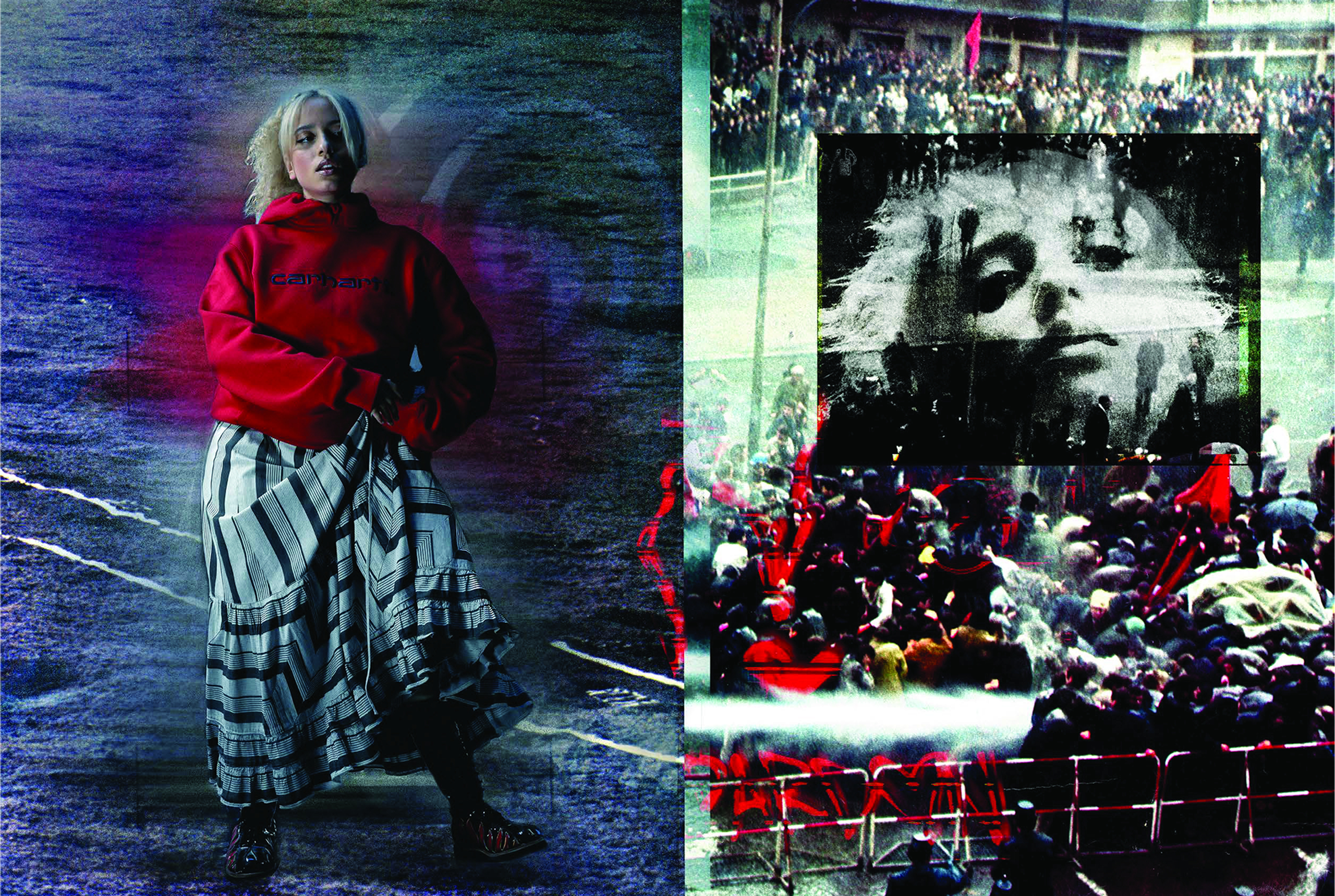
Co-produced by Sen’s brother Florian Fourlin—one of two musician brothers—LEVELS imagines Sen’s journey through an empty hotel, where each room holds a memory and every floor represents a new stage of emotional growth. Drawing from the uncanny thresholds between the familiar and alien, Sen plays both distant observer and participant in a construct of her own life. Sonically, the album doesn’t lean as eerie as its concept may suggest; it’s more raw, and more minimal than Sen’s first EPs, You of Now Pt. 1 & 2. But its palette of woozy pop, neo-soul, R&B, and folk is punctured by sharp, synthetic textures, and samples from Sen’s personal home video archive, as if toggling between reality and the surreal. These moments are designed to offer context for listeners who may have first encountered Sen through her work with other artists, such as Joy Orbison, Wu-Lu, and Sampha. Such collaborations have brought welcome exposure, but not always on Sen’s terms. “People are surprised to find out I’m French, or that I even play guitar and write my own songs,” she says.
Speaking on a video call from her bright Brixton flat a month before the album’s release, Sen reflects on the leap of faith that brought her to London, the complexities of working with an older sibling, and the power of being underestimated.
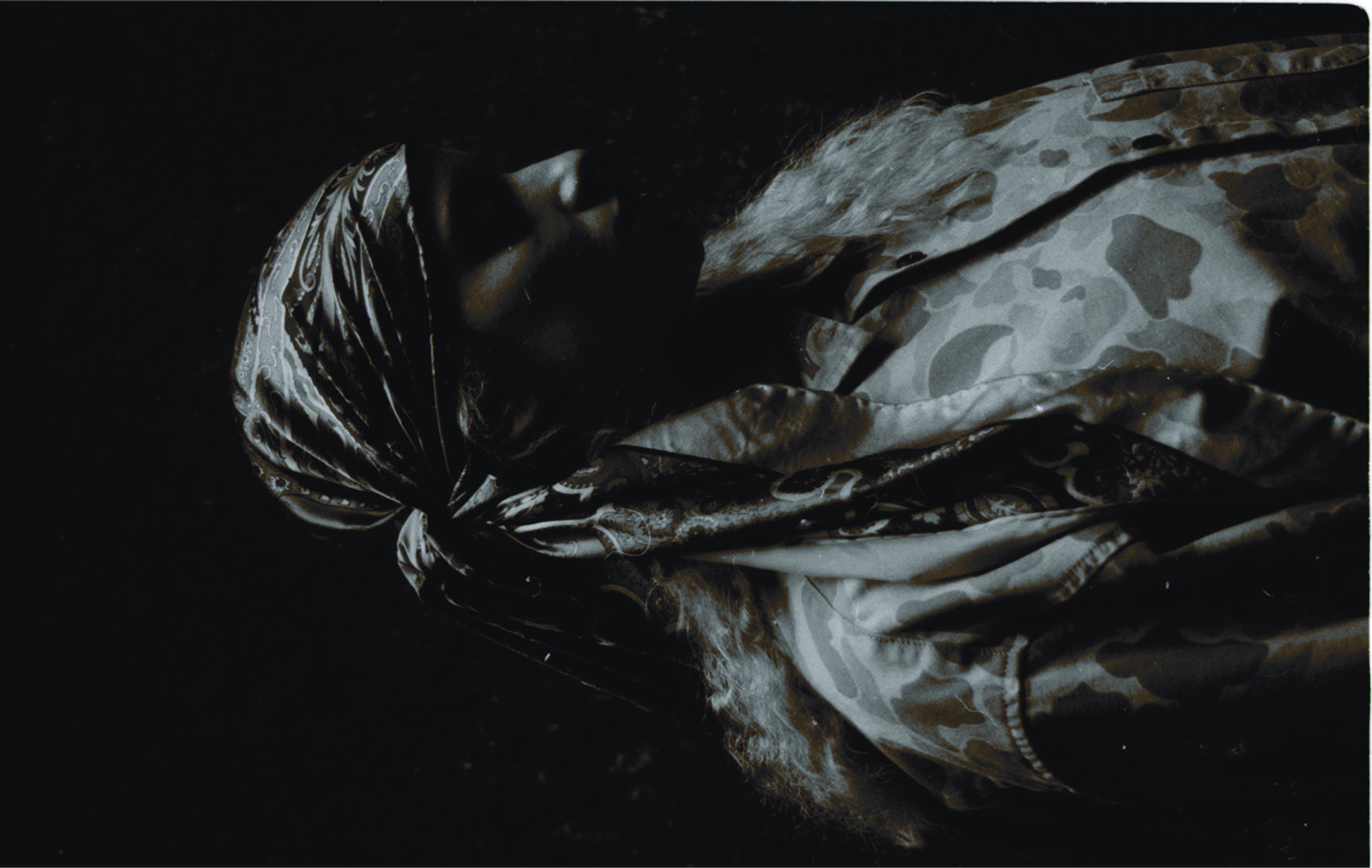
MF
What was your household like growing up?
LS
I was born and raised in France, and grew up in a town on the outskirts of Paris, about 30 minutes from the center. It’s a big enough town that we have the Nintendo headquarters, as well as large schools and universities, but it’s small enough that you can reach the countryside in about 15 minutes. For me, it was perfect. I was really social, and I went to Paris often enough that I didn’t feel deprived of any cultural experiences. But at the same time, I remember vividly grabbing my guitar, walking down to the river, and sitting there alone all afternoon—just listening to cows. Such a weird juxtaposition. I learned to sing just by listening to music from my brothers. There was a lot of music in the house—a lot of R&B, a lot of pop and jazz. But when I was 15, I wanted to free myself and have my own thing, so I picked up the guitar.
MF
You were gifted this guitar at 15. Was it something that you had asked for, or did it come as a surprise?
LS
I begged my parents for it, for almost a year. It started when I discovered Lianne La Havas and Tori Kelly at the age of 13. Before that, I was mostly listening to pop, but those artists weren’t really playing instruments.
I remember the day I received the gift, it came in a big box in my room. I was really excited to learn my favorite songs. My two older brothers, who make music, were like, “No, you’re going to learn your scales.” And I did! I was mostly self-taught, watching a lot of YouTube videos and practicing every day for years. But I also learned a lot from my brothers, even if they weren’t always directly teaching me. I would watch what they were doing, ask questions. Sometimes when they were out of their bedrooms, I’d sneak in and look at what they were working on.
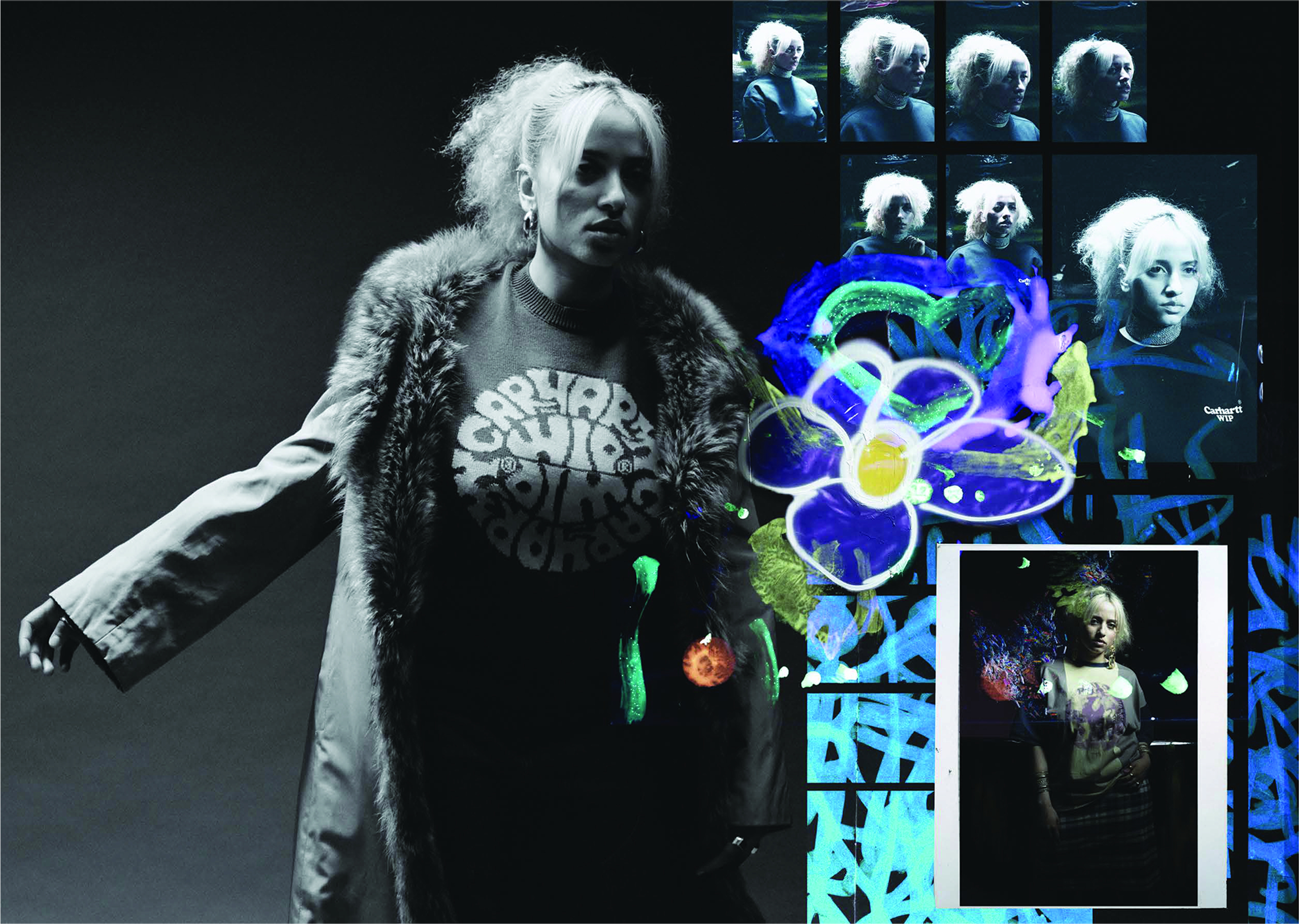
MF
Relocating to a completely new city can be daunting. What prompted your move to London at the age of 19?
LS
I wanted to make songs, produce, write, and be around musicians who were similar to me. London felt like the place that matched my musical taste the most. I was really getting into electronic music production, but I still had the singer-songwriter thing and the guitar, so London felt like the best of both worlds.
I remember crying on the train from Paris. It wasn’t an easy move. I didn’t have a plan, I didn’t know anyone, and I was the first one in my family to leave. I’m the youngest, so it felt like a big risk. I felt like I was abandoning my brothers. There was a lot going on in my personal life, and I was questioning what I was doing. I didn’t buy a return ticket either, so I knew I was committing. But when I arrived early that morning, I started getting excited like, ‘This is my life now.’ When I got to the Airbnb—a space so small I couldn’t even open my suitcase properly—I just sat on the bed all day playing guitar and posting videos on Instagram. That night, I went to a jam session in Deptford, in Southeast London. I went so early that no one was there yet. And I did that every day: playing music, going to jam sessions, every concert, until the pandemic hit.
MF
Did that also help you find your own sense of community in the city?
LS
My strategy was: I’m not going to go up to people and introduce myself, I’m just going to go to every concert and every gig. And anyone I heard and thought was good, I’d just ask for their Instagram and follow them. That was it.
On top of that, I was posting videos on social media everyday, of me playing my own songs and covers, or improvising. I was trying to make them musically solid, with intricate playing and harmonies. So sometimes, if I met a musician and they saw that I’d followed them, they’d maybe check me out, play a video, then follow me back. Some people actually said, “I wasn’t expecting you to be good.” I guess it’s good to be underestimated. When you surprise people, they remember you.
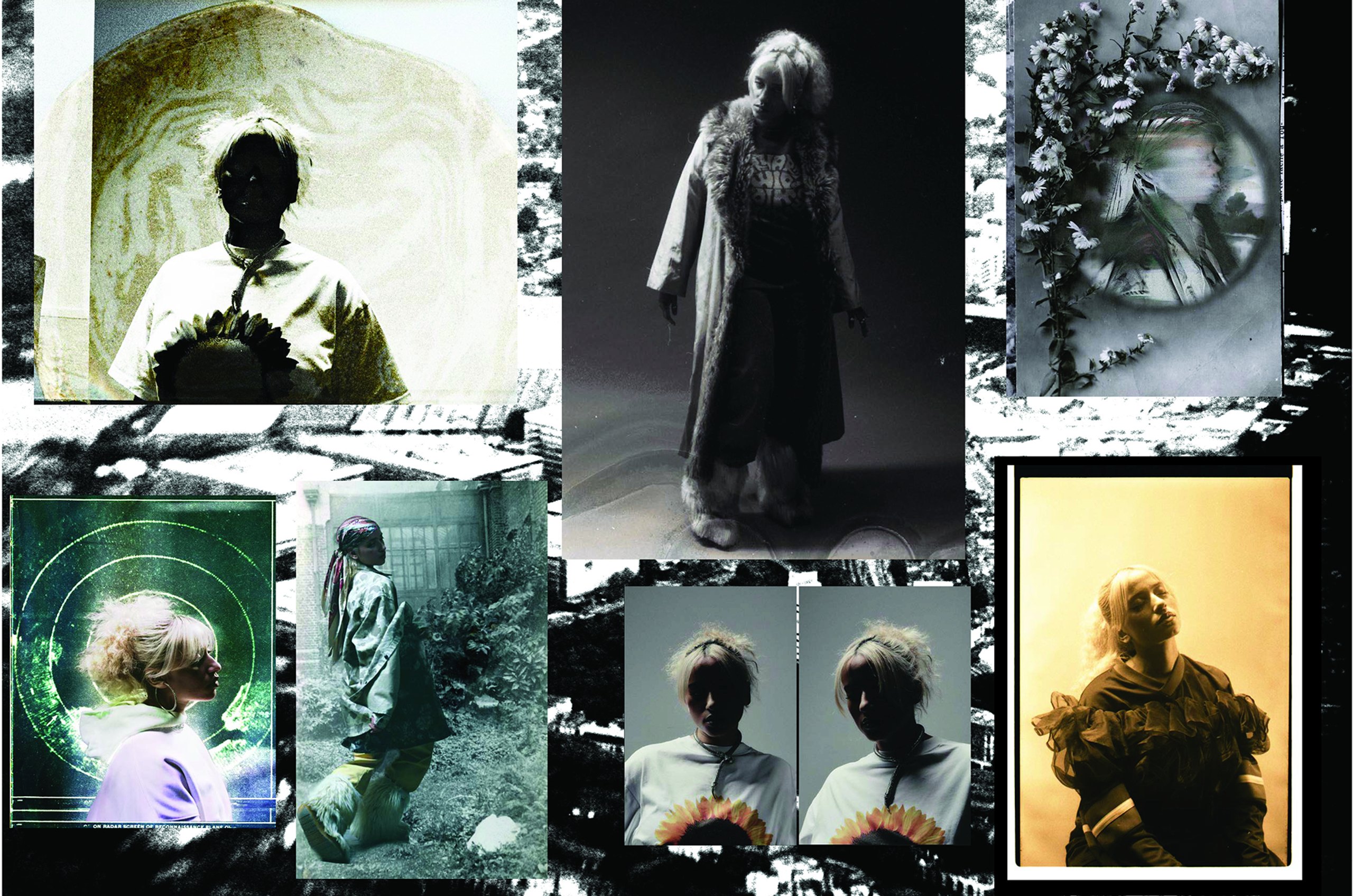
MF
“Trust the You of Now,” taken from Brian Eno and Peter Schmidt’s Oblique Strategies cards, was a guiding phrase for your first two EPs. How much did that ethos shape your creative process on Levels? And in what ways do you feel this album is different from your earlier work?
LS
I remember I had those cards on my shelf when I was writing my first EP, and I was really struggling. The cards ended up unlocking a lot for me, and helped me to stop overthinking. But for this album, every time I second-guessed myself, my brother Flo would have to remind me, “You made two whole EPs about that. Literally, that was your idea!”
This album is about giving people a better understanding of who I am. With all the collaborations and features, and even the EPs, there wasn’t much context. So in songs like “Ghostwriter” and “Aliens,” there are samples of videotapes from when I was a child, with voices of my mum and siblings. That’s something I wanted throughout the album, to have these moments where Flo is singing or playing the saxophone, like little reminders that there’s a guide. That I wasn’t alone. “Aliens” has my other brother Hugo sampled on it, too. In my head, my “aliens” are my brothers. They’re my support.
MF
Why is it that you refer to them as aliens?
LS
I see them as people who are so deeply honest, that people often can’t deal with it. I was so lucky to even be around them, let alone be raised by them. Ever since I was a child, I noticed that many people wouldn’t show their true intentions or reveal themselves, maybe because they didn’t want to be judged. But my brothers don’t care. There’s nothing they haven’t told me. They’ll tell me their opinion, even when it hurts. And every single time, I grow from it. I find that so special. No one else does that.
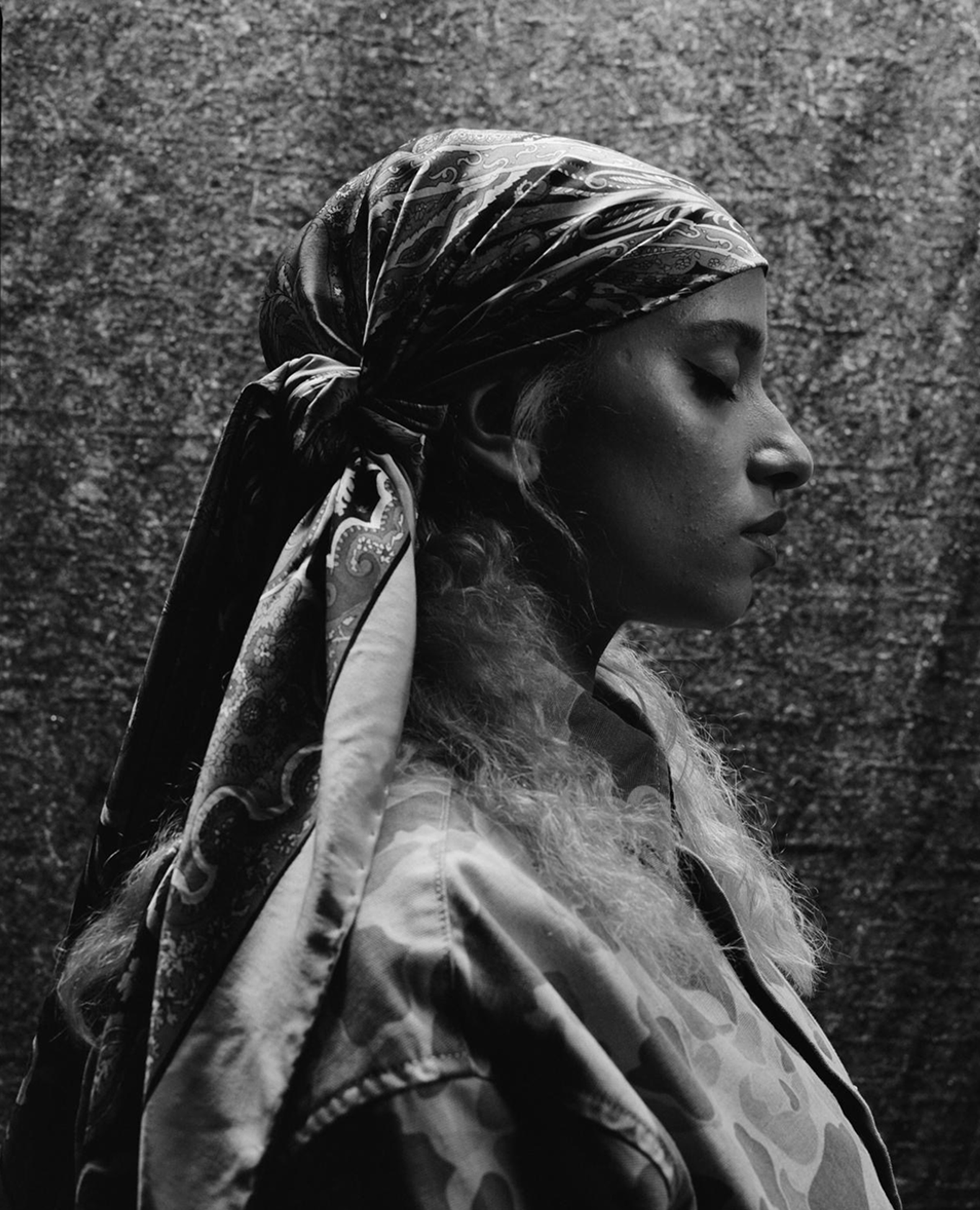
MF
What was the creative dynamic like working with your brother Florian? Was it challenging to share such personal or vulnerable parts of your life with him?
LS
I knew that if I was going to do this album, there were things I needed to sing about. I don’t think I could’ve done it if it was a few years earlier, but by then, I’d grown up a lot.
What was hard was our own relationship. Sometimes we’d argue as siblings, and it would get in the way of the art. Other times, the stress of making music would get in the way of us simply enjoying each other’s company. We had to work on that every day and reaffirm that we could do it. Sometimes he had to learn to back off and let me take the lead. But I also had to learn to accept that his criticism was actually really helpful. It wasn’t just coming from my brother, but from someone who really knows what he’s doing, and who I trust.
MF
There’s a lot of uncanny imagery in the new album, whether it’s the dreamlike spaces, liminal zones, aliens, or eerie hotel lobbies. What kinds of references or inspirations helped you shape the album’s atmosphere?
LS
One big reference was Backrooms lore. I also watched The Grand Budapest Hotel by Wes Anderson, and I imagined what it would be like if that hotel was completely stripped and empty with no one in it, how eerie it would feel. And then, of course, Alice in Wonderland, which I rewatch quite often. That idea of falling into a rabbit hole felt like a good link with the Backrooms.
MF
On “Video Games,” you explore themes of memory and nostalgia, almost like you’re watching scenes from your own life unfold. What would you say is your earliest musical memory?
LS
I remember it so vividly—I was around five years old, playing Barbie games on the family computer. There was this sing-along, lyric game from The Princess and the Pauper. They didn’t use words, just little icons that you had to match to unlock a full song. One time, I unlocked it and started singing along. I thought, ‘This is phenomenal! This is what it feels like to sing. This is what I want to do.’
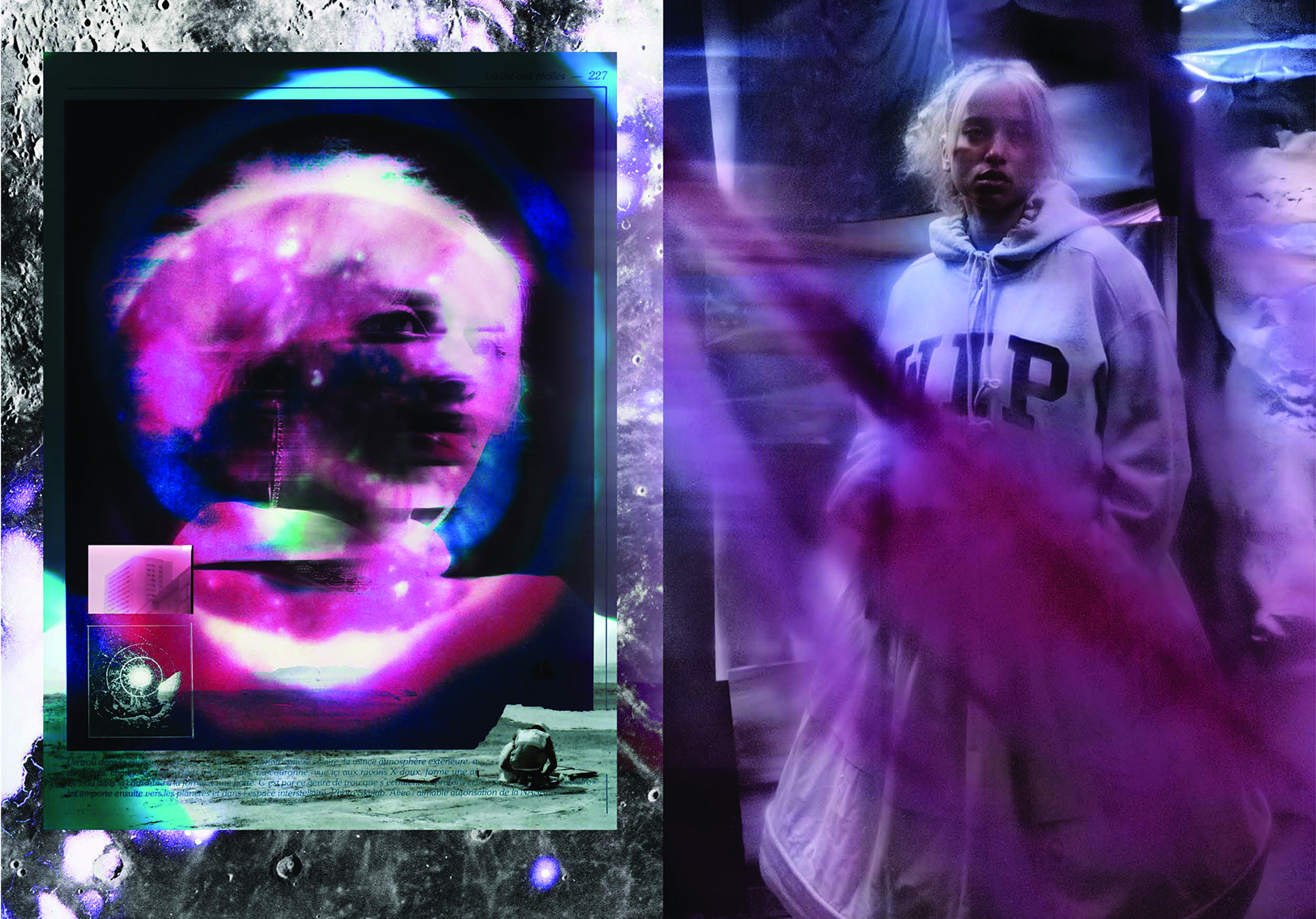
MF
As you prepare to release your debut LP, are you already laying the groundwork for your next project?
LS
I’m always thinking about it and making new music. I know what I want to do. Of course, it will evolve naturally and you have to be flexible, but I know that I want to try as best as I can—whether it’s the sound, lyrics, or visuals—to strip away anything I might’ve been hiding behind. I just want to make something that’s the most raw version of myself. I did that with Levels to an extent, I pushed beyond what was comfortable. But I want to go even further with the next one.
MF
Looking back to when you first arrived in London, fresh off the train, what would you say to that person now?
LS
I’d have so much to tell her. But to not overwhelm her, I’d say: You’ve already got it. You just need to get out of your head, because you have something great. If you’re brave enough to share it over and over again, people will pay attention. You have everything you need, so don’t hesitate. Put it out there.
Words: Morna Fraser
Images: REMEMBERYOUWEREMADETOBEUSED
Styling: Florie Vitse
Hair: Romain Duplessy
Makeup: Ruben Masoliver
DP: Mathias Karl Gontard
Photo assistants: Florent Marti, Thimothé Bendrimia
Production: Septembre00